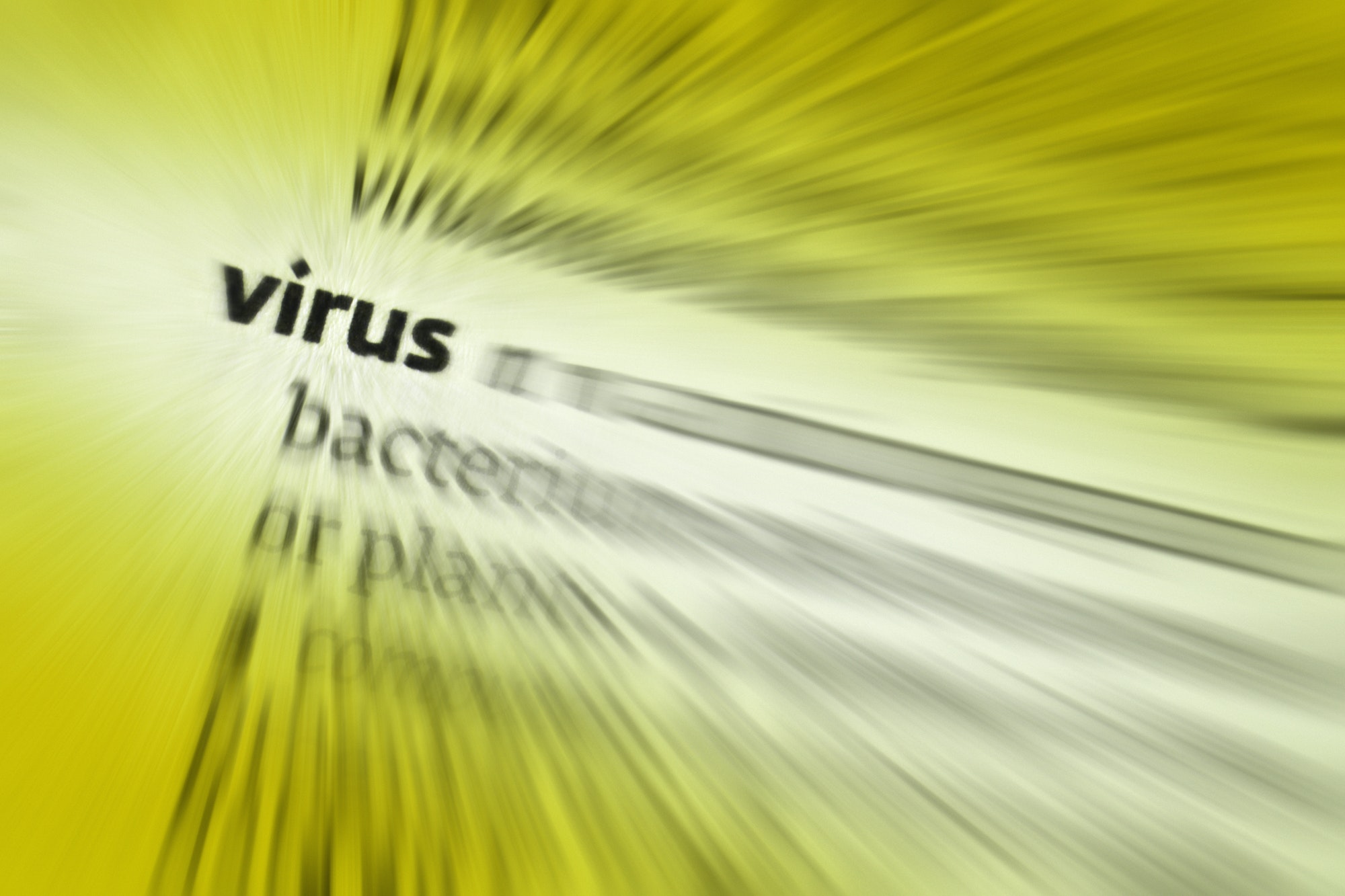Address
33-17, Q Sentral.
2A, Jalan Stesen Sentral 2, Kuala Lumpur Sentral,
50470 Federal Territory of Kuala Lumpur
Contact
+603-2701-3606
info@linkdood.com
Address
33-17, Q Sentral.
2A, Jalan Stesen Sentral 2, Kuala Lumpur Sentral,
50470 Federal Territory of Kuala Lumpur
Contact
+603-2701-3606
info@linkdood.com

The recent spread of the coronavirus subvariant JN.1, especially in the Northeastern US, is a new twist in the Covid-19 saga. Let’s break down what JN.1 is, why it matters, and what it means for us.

The CDC says JN.1 makes up about 20% of new Covid cases. It’s growing fast, especially in the Northeast. JN.1 came from another variant called BA.2.86 (Pirola) and has a bunch of changes in its spike protein.
Holiday travel and people’s immunity levels dropping have helped JN.1 spread quickly. Right now, it’s the variant that’s increasing the fastest in the US.
JN.1 has this big change in its spike protein, and there’s worry that it might be good at avoiding the protection from vaccines. But, good news: studies, like ones from Columbia University, show that our current vaccines still work against JN.1.
JN.1 might become a major strain around the world, competing with other variants like XBB. The WHO is keeping an eye on it because it’s spreading fast, but they don’t think it’s a huge extra risk right now.
Countries in Europe, Asia, Australia, and Canada are seeing more JN.1 cases and more hospital stays. The US is seeing this too, and it’s worse because not enough people have gotten the latest vaccine.
By early December, only a few people in the US got their latest Covid shot. The CDC is really pushing for more vaccinations, including boosters, to help fight against variants like JN.1.

JN.1 is a new strain of the coronavirus that emerged recently. It’s a descendant of the BA.2.86 subvariant and is recognized by its unique spike protein mutations.
JN.1 is concerning because it’s spreading quickly, especially in the Northeastern US. Its mutations might allow it to partly evade the immunity people have from previous infections or vaccinations.
JN.1 is similar to other Covid variants in how it spreads but has different genetic characteristics. Its ability to compete with other variants like XBB is being closely monitored.
Yes, current vaccines, including Pfizer and Moderna, are still effective against JN.1. Studies suggest that while there might be some reduction in effectiveness, vaccines continue to provide significant protection.
The symptoms of JN.1 are similar to other Covid-19 strains: fever, cough, fatigue, and loss of taste or smell. However, always consult a healthcare provider for a proper diagnosis.
The best way to protect yourself is by getting vaccinated and staying up to date with booster shots. Also, follow public health guidelines like wearing masks in crowded places and practicing good hygiene.
Currently, there’s no clear evidence that JN.1 is more dangerous in terms of causing severe illness. However, its ability to spread quickly makes it a public health concern.
It depends on how the situation evolves. Governments might consider new measures if JN.1 leads to a significant increase in cases or hospitalizations.
Yes, if you have symptoms or have been exposed to someone with Covid-19, it’s a good idea to get tested. This helps in tracking the spread of variants like JN.1.
Researchers are continuously working on updating vaccines to be more effective against new variants. If needed, a specific vaccine for JN.1 could be developed, but the current vaccines are still a strong defense.
Sources CNN